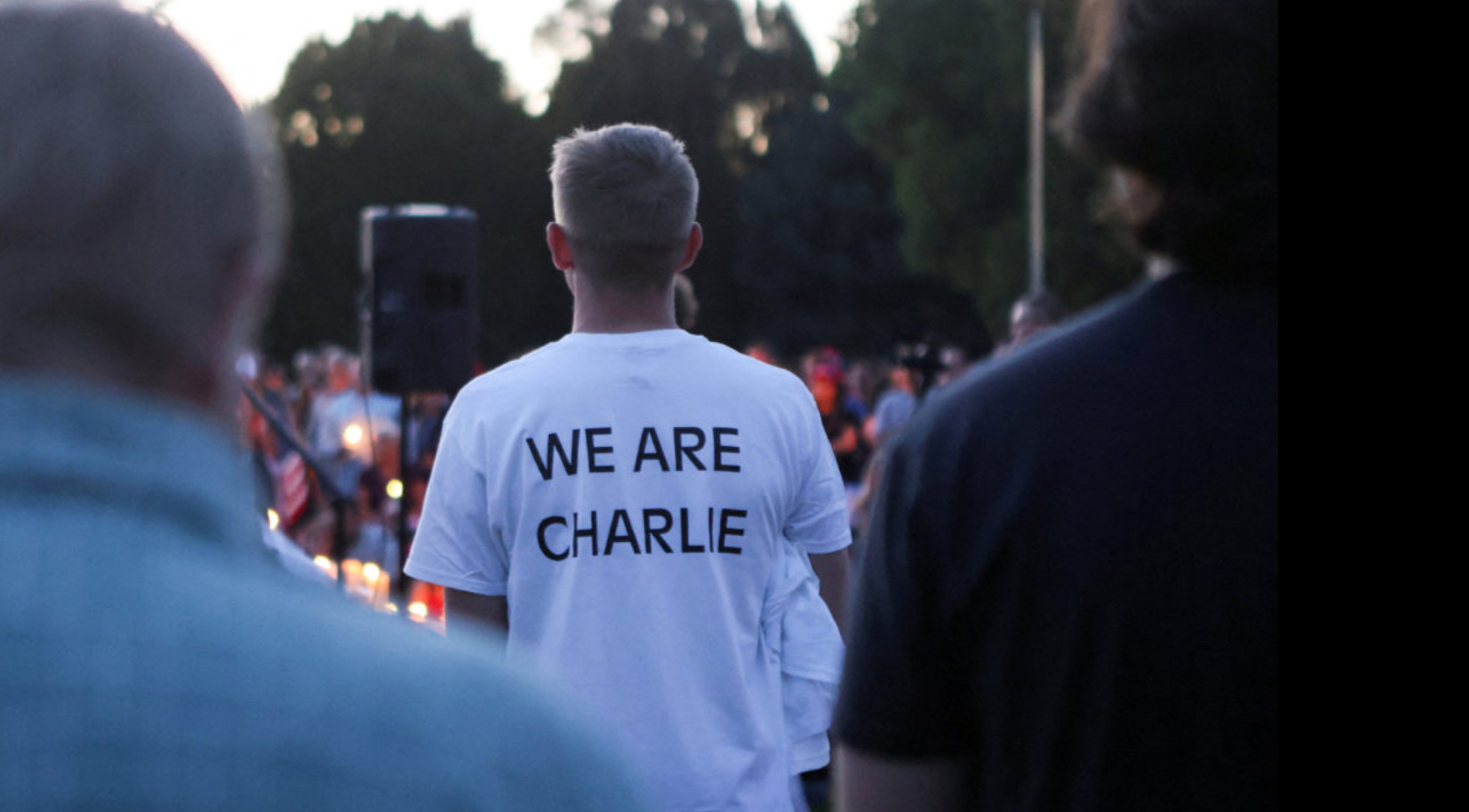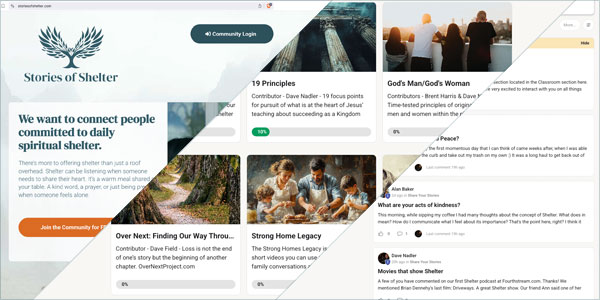A Week of Grief
The day before Charlie Kirk was killed on a college campus, I learned that a close family friend had passed away. It was already an emotionally heavy week. Then, Charlie’s brutal death unfolded on my screen the very next day. By the morning of the funeral, I sat there with a tired, crushed spirit. I didn’t know this family friend all that well, but I love his family deeply, and it was my duty to be there. Familiar songs about heaven and eternal life played softly as the service began. I thought I’d cried all I could over the past few days, but when my friend’s wife walked in, holding her young children and weeping, the tears came again. My mind immediately went to Erika Kirk—not for the reasons you might expect, but because of a deeper connection.
The Vulnerability of Love
C.S. Lewis once wrote, “To love at all is to be vulnerable. Love anything and your heart will be wrung and possibly broken. If you want to make sure of keeping it intact you must give it to no one, not even an animal. Wrap it carefully round with hobbies and little luxuries; avoid all entanglements. Lock it up safe in the casket or coffin of your selfishness. But in that casket, safe, dark, motionless, airless, it will change. It will not be broken; it will become unbreakable, impenetrable, irredeemable. To love is to be vulnerable.” This is what’s wrong with our culture. As Christians, we’re called to love the unlovable, to love when it’s hardest. Whether you agreed with Charlie Kirk’s stances or not, he embodied this. I watched one of his debate videos recently, where someone asked, “Do you hate gay people?” Charlie’s response was bold and unapologetic: “No. Why would I hate something I have a heart for?” He explained that his actions stemmed from love for people, even if he disagreed with their choices. In that moment, Charlie sounded like Jesus. He tirelessly showed up on college campuses, boldly sharing his faith because he loved students, believed in the future, and loved Jesus.
A Culture Numbed by Comfort
We live in a world where it’s easy to hide in comfort. We numb our emotions with impulse buys and endless scrolling. Consumption has dulled our sense of reality and the humanity around us. When a friend or family member hurts us, we can unfriend them online or fire off a nasty text without ever facing them. America is the richest nation on earth—even many of our homeless carry cellphones or disposable water bottles. I don’t say this to downplay their struggles, but to point out that our wealth hasn’t made us more human. We’ve traded real connection for keyboards and screens, isolating ourselves in the prisons of our own homes. Love demands a price: giving of ourselves, opening up to rejection, unrequited feelings, even hate. To love humanity is to love imperfection.
God’s Image in Us All
At the funeral, watching my friend weep for her husband and hearing her heartfelt eulogy for her best friend, I was reminded that God’s image is in all of us. This husband was sculpted by God’s hands, carefully planned, and given life for a purpose. Charlie Kirk was created the same way, shaped by the same hands, given the same breath of life. I believe many of us mourn him like a brother because he was one. The bullet that pierced Charlie’s neck also pierced the heart of the Holy Spirit. The Spirit is eternal but lives in believers’ hearts, and I believe our tears reflect its grief. Whether you agreed with Charlie or not, he was a child of God, a son, a brother, a friend—not just to those who knew him, but to his generation. He was a husband and a father. In this way, all political figures are human, just like us.
Humanity Behind the Headlines
Public figures like Charlie may seem larger than life, with massive followings, but they’re not gods. Their stances resonate with many—that’s why people follow them. But they’re fallible, broken, and capable of sin, just like you and me. Every Christian who stands for Christ has likely said something that hurt their flock. If they haven’t, they’re probably too timid to follow. But words, true or not, aren’t a death sentence. Believing they are puts a target on everyone’s back.
A Call Against Political Violence
Bernie Sanders said something this weekend that stunned me. Though I don’t align with him politically, his words on political violence were wise: “Political violence is political cowardice. It’s a sign of weakness, not strength. It means you cannot convince people of the correctness of your ideas, and you have to impose them through force.” He added that political violence has no place in our country. If we set politics aside, we’d see that people risk their lives to come to America for this kind of moral clarity. It’s jarring to hear some argue for immigration rights while celebrating the violent deaths of those they disagree with. People flee those very ideologies to be here. We can do better.
A Brother’s Sacrifice
For Christians, the horror of Charlie’s death teaches us this: a brother in Christ was murdered in cold blood on national television for speaking his faith. He knew the risks. Charlie Kirk is you. Charlie Kirk is me. Erika Kirk now carries a heavy mantle, continuing his mission while raising two children who will know their father only through videos, stories, and memories. The question for us as believers is this: if you stand for Christ, are you willing to pay the same price? I believe Charlie, knowing the outcome, would still say yes. As Christians, we’re just passing through this life. Our job is to lay down the gavel, pick up our cross, love our neighbors, and love our enemies until Christ calls us home. What will you choose?

